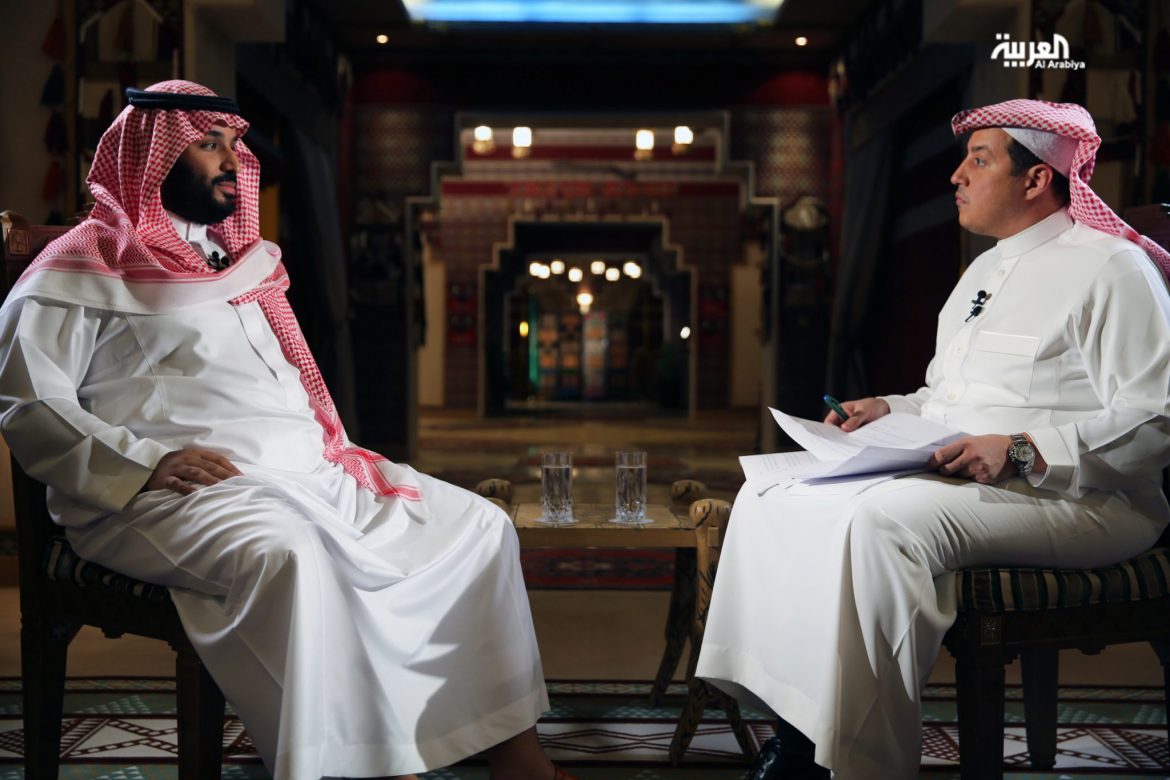This material belongs to: Forbes.
Saudi Arabia’s high profile anti-corruption drive looks to be coming to the end of its first phase, with the government saying it has reached a settlement with the majority of the 381 people hauled in for questioning. Some 56 people are now facing the prospect of trial. Two new criminal circuit courts have been set up in Riyadh and Jeddah to handle the cases, according to local media.
The amount raised by the authorities through this process has reached above SR400bn ($106bn), according to a statement from Attorney General Sheikh Saud Al Mojeb on January 30, with real estate, commercial entities, securities, cash and other assets all handed over to the government. That fits in with an amount suggested by Al Mojeb in the early days of the purge. With dozens of trials now in the offing, the amount could yet rise significantly.
The crackdown began in November with the detention of scores of princes and leading business executives, among them high-profile businessman Prince Alwaleed bin Talal and local media mogul Waleed Al-Ibrahim – both are among those reported to have been released.
It remains unclear what any individual was alleged to have done, whether any of those detained admitted any guilt or what settlement deals they might have agreed to.
Whether the campaign really does help to reduce corruption in the medium to long term is also a matter of speculation. Right from the start, some observers have suggested that the process has been as much about the ambitious Crown Prince Mohammed bin Salman trying to undermine potential rivals and garner more power and wealth for himself. Officials maintain it is a genuine attempt to clean up the economy.
One thing that no-one disputes is that corruption is a real problem that ought to be tackled. Indeed the presence of corruption – and official promises to crack down on it – is these days one of the few things that unites leaders across the region.
However, the scale of the Saudi anti-graft campaign, and the suddenness with which it was launched, has prompted concern as well as support.
In particular, the campaign raises questions about the rule of law and the security of investments. That in turn may well contribute to a slowdown in foreign investment in the economy, according to some analysts. Foreign direct investment has been slipping back in recent years anyway. London-based Capital Economics has warned that as a result of the anti-graft drive, “wealthy individuals may defer purchases of luxury items and investment plans could be delayed.”
Saudi government ministers insist that there is no reason for investors to be concerned. At the World Economic Forum in Davos last week, finance minister Mohammed Al-Jadaan told TV channel CNBC “What is happening in the anti-corruption is just one part of that reform that we are doing… We are also making sure that investors are clear that the law is above everybody, and we are going to apply the law in a very clear and transparent way.”
Elsewhere in the region, officials are also coming under the spotlight, although the effectiveness of the anti-corruption drives is these other countries is also often doubtful.
In neighbouring Kuwait, the cabinet recently ordered investigations into a number of previously awarded tenders and a $1.2bn deal to buy 30 helicopters from European aircraft maker Airbus.
Across the waters of the Gulf, anger at corruption among public figures was one motivation for the recent wave of demonstrations that swept across Iran. Protesters chanted slogans like “If embezzlement decreases, then our problems will be solved!” and “Police go get the [real] robbers”, the latter in reference to government officials.
The head of the Iranian judiciary, Ayatolltah Sadeq Amoli Larijani, has said he will not tolerate any corruption in the country’s judicial system, although he acknowledged that more needed to be done to root it out.
“I thought it would be enough to dismiss five judges breaking the law for others to become aware of their actions, but that is not the case,” he recently told a meeting of attorneys general and heads of local courts. “This is the final warning to all corrupt judges… so that they realise any form of corruption and criminal deeds in the judicial system warrants a harsh payback.”
Regional problem
For all the public avowals of probity, the Middle East as a whole fares badly when it comes to corruption. In the most recent Corruption Perceptions Index by Transparency International, 90% of countries in the Middle East and North Africa (MENA) scored below 50 points, which is deemed a failing grade. Among the few countries to avoid that fate were the UAE and Qatar, but they have seen their scores fall.
The likes of Saudi Arabia, Kuwait and Iran are far from being the worst cases though. Of countries within the MENA region, Syria comes bottom of the Transparency International pile, in 173rdplace overall (out of 176 countries). Graft also thrives in other war-torn countries, with Yemen, Sudan, Libya and Iraq all only a few places higher than Syria in the global ranking.
Other research from Transparency International has found that the MENA region had the highest percentage of citizens rating their government as doing a bad job at fighting corruption, at 68%. Tax officials and government officials are seen as a particular problem and are thought to be highly corrupt by 45% of the population.
In part the problem with corruption stems from the political systems in most of the countries. Most Gulf countries are run by ruling families that essentially rule by decree; elsewhere rulers are not subject to free and fair elections. In addition, the way of doing business tends to be characterised by a system in which personal connections are more important than anything else. If governments in Saudi Arabia and elsewhere are to really bring an end to corruption, it is hard to see how more fundamental reforms can be avoided.


